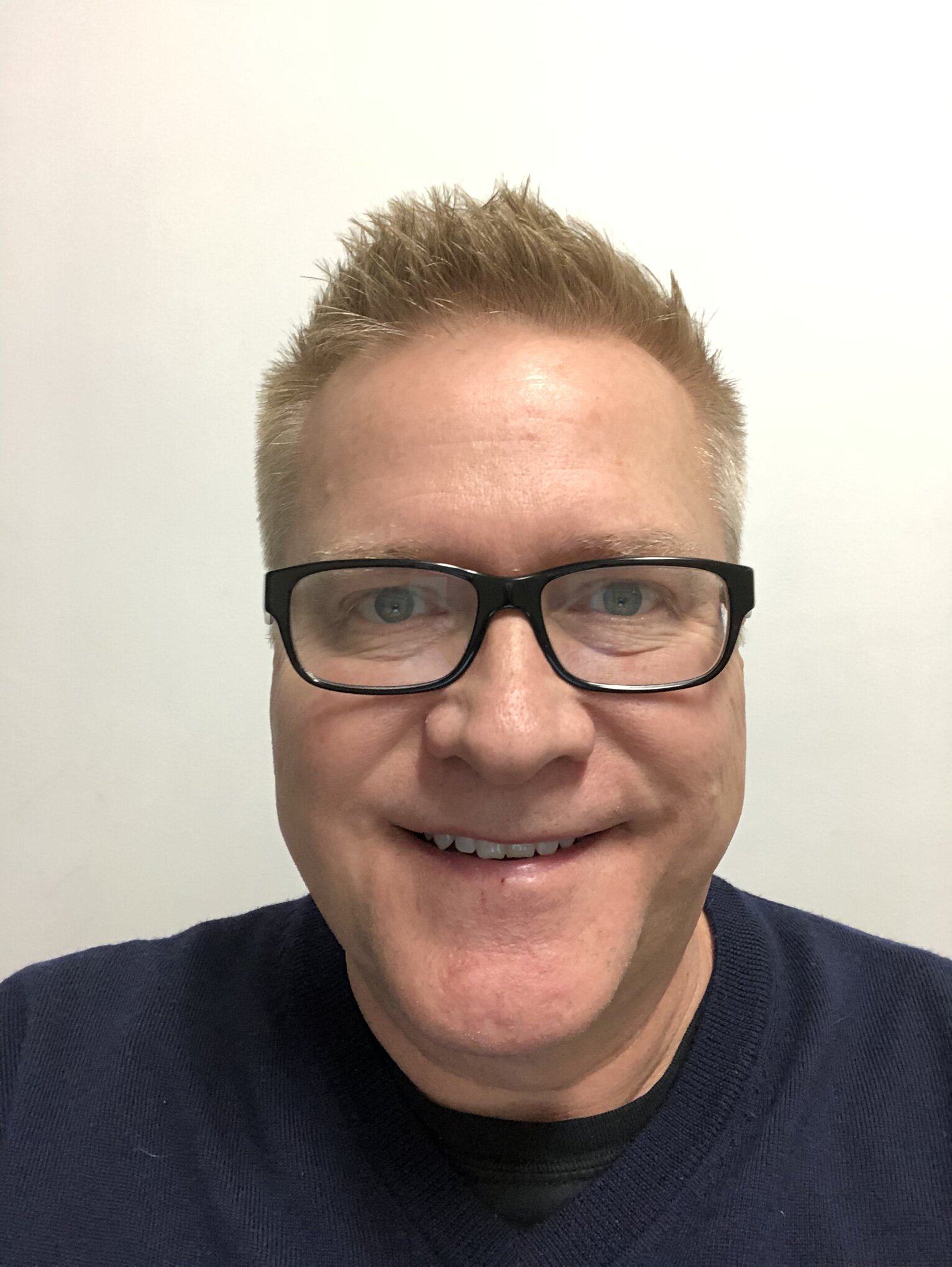The pervasive sense of memory and existence and our connections to isolated and personal events coincide and collide in Larry Oakner’s poem “For My Father, Lost” (Fall 2017 Intima). It’s a raspberry picking day somewhere nestled in the Willamette river valley as the father and son wander through the fields:
“…we raided the canes, / raking ripe berries from trellises with stained fingers…” that visceral use of alliteration compels the reader to be right there, next to Larry and his father in that field on a “Summer-heavy and red as blood drops” day that foreshadows an ominous end later in the poem: “…And when he died years later, dropped to the floor / by the drupelets of his heart weeping blood.”
Memory serves as an anchor in our lives, those brief, isolated moments of awe create a sense of warmth, safety, comfort. The poet connects that afternoon to an earlier, more carefree time as he wanders the field finding his father with his “…chin glistening with juice, / he was a boy again on a Colorado farm, happy and free…”. This is a poem about Mother Earth in some ways, how a raspberry farm connects the paternal bond of a father and son. Powerful scents and colors pack this poem with a steady, skillful approach using “…red, juice, blood, berries, fruit we ate…” and infuse it with love. Death is also freedom in some sense as this existence and its pain and misery pass away and out of life allowing that father to be free and roaming “…he was a boy again on a Colorado farm, happy and free.”
My poem “Last Breath” (Fall 2020 Intima) follows a similar path into memory and loss for a father. My father-in-law Ed Tridemy passed away quietly on a sunny, bright Sunday afternoon surrounded by his family. The poem captures evasive, furtive moments in a day that is not quite right, something there is that doesn’t love a wall, as Frost would say, though we are not mending fences we are mending a life lost and the grief that follows. It is a strange day where the grass is a “strained lawn” and ice is “melting too quickly” where “armpits swell, expand, moisture moves sideways.” There is the juxtaposition of “We smile but there’s no weight it’s like we’re floating above ourselves seeing the sound hearing your scent.” It is a day out of time, carelessly moving in strange ways where nothing is right, nothing is at should be.
And then it happens, “a last gasp…as the terror of this moment flows forever fully silently into that good night beyond the silence of roses…” and the gasp ends, there is no more breath, it is gone. These lines connect the poem to Dylan Thomas's "Do not go gentle into that good night," another poem about fathers and death. And in that moment we realize our connection to our beginnings in the womb: “ back into love… life to life …breath to breath…” Every breath we take is a gift, something to be savored, something to enjoy since we only have a limited number of them left, breath to breath…
Mark Hammerschick writes poetry and fiction. He holds a BA in English from the University of Illinois at Champaign-Urbana and a BS and MBA. He is a lifelong resident of the Chicago area and currently lives on the north shore; his professional career has been in digital strategy and online consulting. His current work will be published in The Metaworker, Vext Magazine, Meat for Tea: The Valley Review, The Fictional Café, Wingless Dreamer, Trolley Magazine, Blood and Thunder: Musings on the Art of Medicine and The Write Launch, Scarlet Leaf Review, North Dakota Quarterly, Carcinogenic Poetry, The Toasted Cheese Literary Journal, Change Seven, Panoplyzine , Borrowed Solace, Muse Pie Press Shot Glass Journal, The Rockvale Review and Oregon Poetry Association. His poem “Last Breath” appears in the Fall 2020 Intima.

